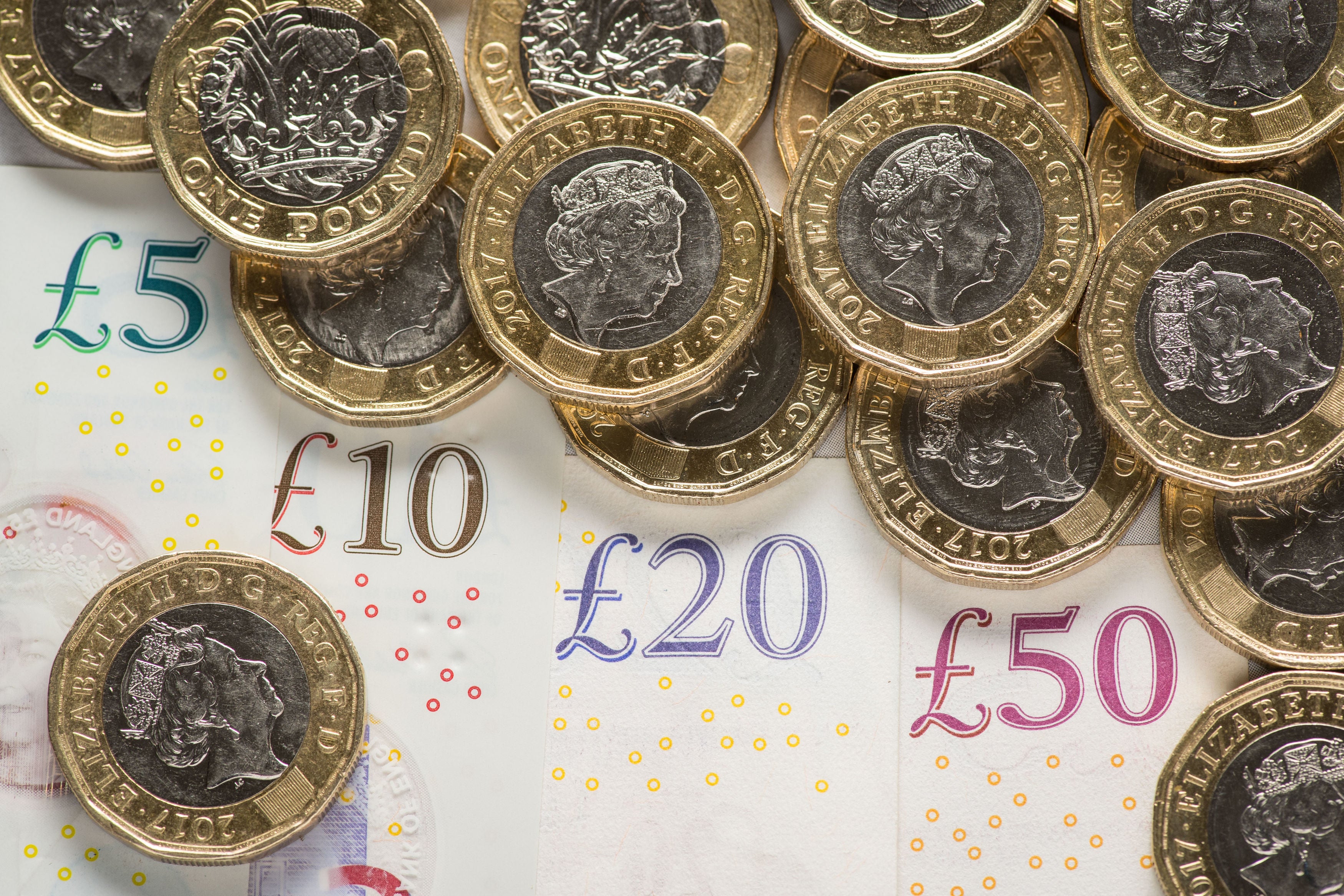UK inflation falls slightly to 9.9% but remains close to 40-year high
Slight drop comes amid fall in motor fuel prices

The rate of Consumer Prices Index (CPI) inflation fell to 9.9 per cent in August, down from 10 per cent in July, the Office for National Statistics (ONS) has said.
The slight drop comes a month after Britain‘s rate of inflation rose to a new 40-year high, putting more pressure on families struggling with the cost of living crisis.
In July, CPI inflation hit its highest level since 1982, according to the ONS.
Although experts predicted that the figure would remain unchanged in August, downward pressure was put on the inflation rate by the falling price of fuel.
“The easing in the annual inflation rate in August 2022 reflected principally a fall in the price of motor fuels in the transport part of the index,” the ONS said.
“Smaller, partially offsetting, upward effects came from price rises for food and non-alcoholic beverages, miscellaneous goods and services, and clothing and footwear,” it added.
Despite falling back below 10 per cent, George Lagarias, chief economist at accountancy Mazars, said inflation would not drop off significantly for some time.
“Higher energy prices for all the previous months have fully fed into most supply chains and it will take months of lower oil for end-consumer prices to meaningfully come down again. Inflation may well remain a central theme until at least the end of the year,” he said.
“However, input costs have begun to drop and we should see this feeding into general prices eventually.”
By one estimate, CPI levels could have risen above 20 per cent because of rising energy prices. However, support measures introduced by the government earlier this month means this is now unlikely.
Under plans announced last week to deal with soaring prices, the government will cap energy bills at £2,500 a year for the average household. The policy means families will not have to pay the £7,700 a year that had been forecast.
However, concerns have been voiced about the potential impact the scheme could have on public finances, as the new “energy price guarantee” will see the government pay energy suppliers billions of pounds to cover the gap with wholesale prices.
Carl Emmerson, deputy director of the Institute for Fiscal Studies (IFS), said the policy could cost more than £100bn in the first year alone. “The cost will be very, very uncertain,” he said.
Liz Truss has ruled out a windfall tax on energy giants’ excess profits, which are estimated by the Treasury to be £170bn.
Labour leader Keir Starmer, who backs a windfall tax, questioned the government’s approach, asking how it would finance its expensive scheme.
“Under our plan: not a penny more on bills, under this plan: a price rise,” Mr Starmer said. “This support does not come cheap. The real question is, who is going to pay?”
Speaking on Wednesday, Sharon Graham, general secretary of the Unite union, said not enough was being done to protect the most vulnerable in society.
“Rocketing inflation may have been eased last month but that won’t last,” she said. “Current levels continue to threaten the living standards of millions of workers.
“This is now a crisis of income. Only the rich and powerful are protected,” she added.
Subscribe to Independent Premium to bookmark this article
Want to bookmark your favourite articles and stories to read or reference later? Start your Independent Premium subscription today.

Join our commenting forum
Join thought-provoking conversations, follow other Independent readers and see their replies